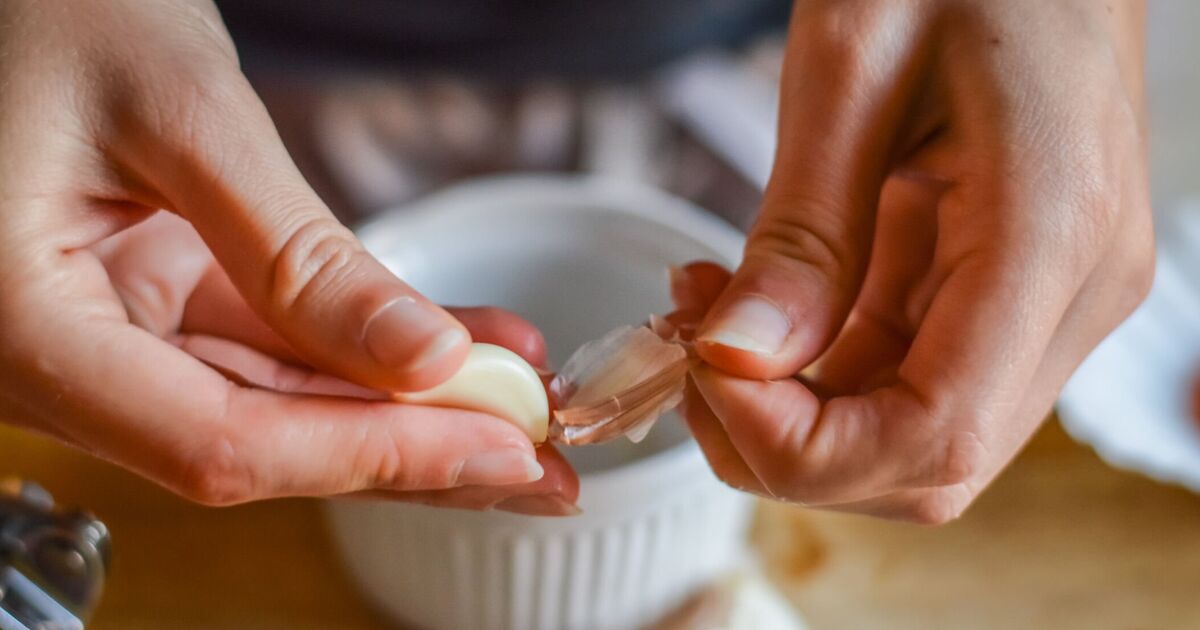Popular home remedies and well-known health foods may be more myth than fact, as some doctors have pointed out.
A survey by Wren Kitchens has uncovered just how many Brits buy into common food myths, prompting Dr Deborah Lee and Dr Sham Singh to step in and debunk these misconceptions.
They’ve also highlighted five lesser-known ingredients that truly are immune-boosting superfoods.
One widespread myth, according to the survey, is that garlic is an immune-boosting powerhouse, with 42% of Brits believing this idea.
However, Dr Lee has noted that the scientific evidence, particularly from human studies, doesn’t quite support this claim.
She explained: “While garlic can stimulate certain immune cells like macrophages, lymphocytes, and natural killer (NK) cells, most of the supporting studies have been conducted in animals.”
Yoghurt does offer benefits such as aiding gut bacteria balance, which indirectly supports the immune system, but Dr Singh emphasised that “Its role in directly boosting immunity isn’t conclusive.”
The same goes for dark chocolate and chillies; despite having health benefits, they aren’t directly linked to immune support as commonly believed.
Dr Singh noted: “Although dark chocolate contains polyphenols with antioxidant properties, its effect on immunity is minimal. Chillies are anti-inflammatory due to their capsaicin content, but there’s no direct link or evidence to enhanced immunity.”
Many people turn to soups as a comfort food when they’re ill but 18% of Brits also wrongfully believe it’s a superfood that will help them fight off sickness by boosting their immune system. This simply isn’t true and the biggest benefit sick people will likely get from soup is simple hydration, the doctors explained.
It’s not all bad news though as many Brits in the survey also correctly identified some items that are genuine immune-boosting superfoods. Such as the 36% who know the sheer strength of the humble blueberry.
Dr Lee explained: “They are especially high in antioxidants, and their polyphenols have antiviral, antibacterial, and immunomodulatory properties.”
The doctor also advocated for leafy greens as part of the immune-boosting diet. She continued:” Recent studies have shown that eating leafy green veg such as kale stimulates the production of intra-epithelial lymphocytes (IELs) which are a vital part of the gut immune system.”
Experts at Wren Kitchens recommended incorporating your greens into smoothies, pasta dishes, omelettes or baking items like kales into chips.
Nearly half of those surveyed, 47% to be exact, were aware of turmeric’s ability to enhance the immune system. Dr Singh pointed out: “It contains curcumin, a powerful compound with anti-inflammatory and antioxidant properties that help minimise inflammation, which could otherwise weaken immune responses.”
In the same vein, citrus fruits are known to increase vitamin C levels, essential for supporting cells in fighting off infections.
Ginger is another ally in the fight against inflammation and oxidative stress, with Dr Singh noting: “It’s particularly effective in alleviating respiratory infections and cold symptoms.”










